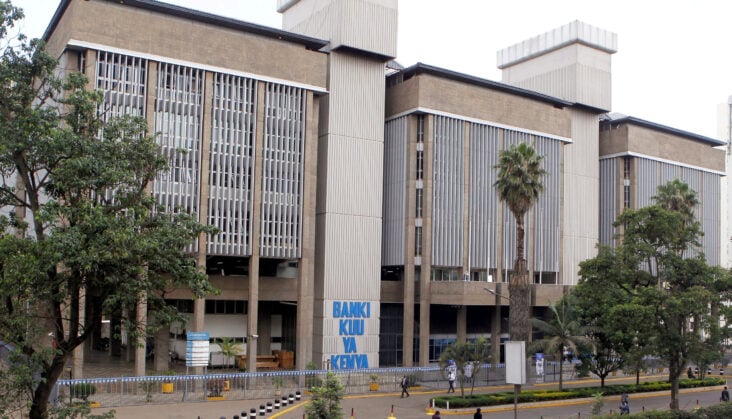In a strategic maneuver, Kenyan banks are trimming their holdings of government securities earmarked for sale, a move aimed at mitigating the impact of falling bond prices and the subsequent risk of fair value losses.
This proactive approach seeks to safeguard banks from mark-to-market losses as interest rates on these securities show signs of rising.
An analysis of tier-one banks reveals that six out of the top nine lenders opted to reduce their positions in tradable Kenyan Government securities during the six months ending June 30. Standard Chartered Bank led the charge by significantly reducing its exposure to these securities by KES 31.4 billion. Absa Bank Kenya followed suit with a cut of KES 8.9 billion.
However, outliers in this trend include Equity, KCB, and Stanbic Bank Kenya, which increased their pool of tradable government securities during the same period.
This reduction in holdings of government securities held for trade can be attributed to banks’ efforts to steer clear of mark-to-market losses that could dent their profitability. Bond prices and interest rates often share an inverse relationship: as interest rates rise, bond prices tend to fall, leading to discounted securities prices.
To cushion themselves from potential paper losses, banks are proactively adjusting their portfolios, said Wesley Manambo, a research analyst at the Standard Investment Bank. “Banks are trying to avoid mark to market losses from holding these papers. It also speaks to the shift in attention from the secondary bond market to the primary market as new security issuances offer comparatively higher interest rates.”
Read more: Mudavadi takes on expanded role as Ruto reshuffles cabinet
As banks trim their holdings of tradable government securities, they are concurrently increasing their investments in government securities held to maturity. This approach serves as a protective measure against paper losses, offering stability to their portfolios.
Collectively, the top-tier banks increased their holdings of government bonds at amortized costs by KES 40.8 billion, with KCB Group leading the way with an increment of KES 27.6 billion.
Commercial banks typically hold government securities in various ways: securities held to term and at amortized cost, which carries no risk of paper losses; government securities held for trading purposes; and securities classified under fair value through other comprehensive income (FVOCI), which are kept for trading but can also be held to term. Reclassifying securities held for trade as bonds held to maturity usually requires regulatory approval from the Central Bank of Kenya (CBK).
Despite the shift away from tradable securities, commercial banks played a pivotal role in reviving secondary trading activity last month. Investors flocked to the high-yielding securities, driving the value of bonds traded at the Nairobi Securities Exchange (NSE) to a two-year high in September.
The strategic decision by Kenyan banks to reduce their holdings of government securities held for sale reflects a proactive approach to safeguarding their portfolios from potential mark-to-market losses. While bond prices and interest rates pose a complex relationship, banks are adjusting their strategies to adapt to the evolving market conditions. As banks shift their focus to government securities held to maturity and navigate the changing landscape, they continue to be central players in driving the recovery of secondary trading activity, even amid the potential challenges of rising interest rates.
Email your news TIPS to editor@thesharpdaily.com


















